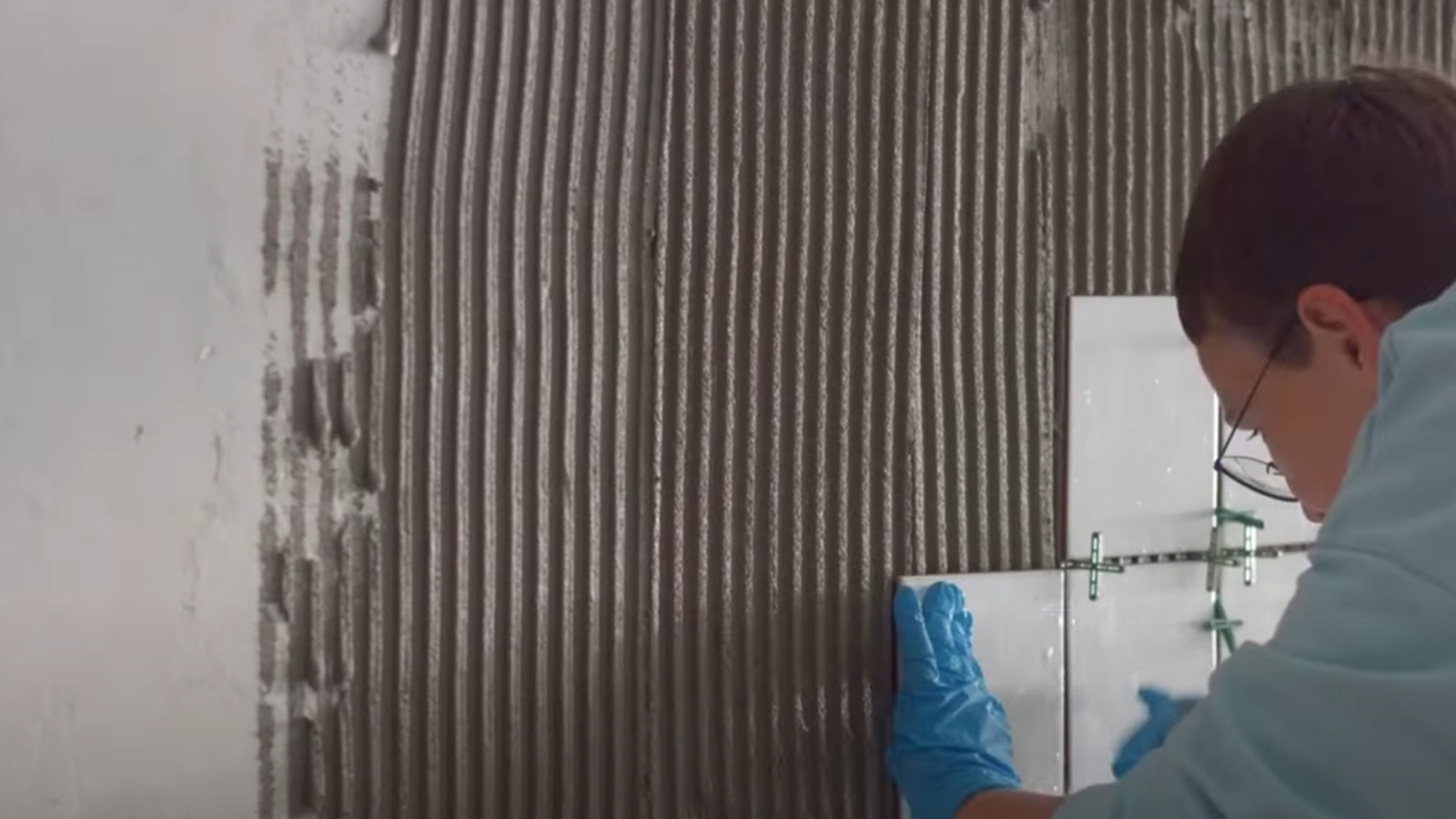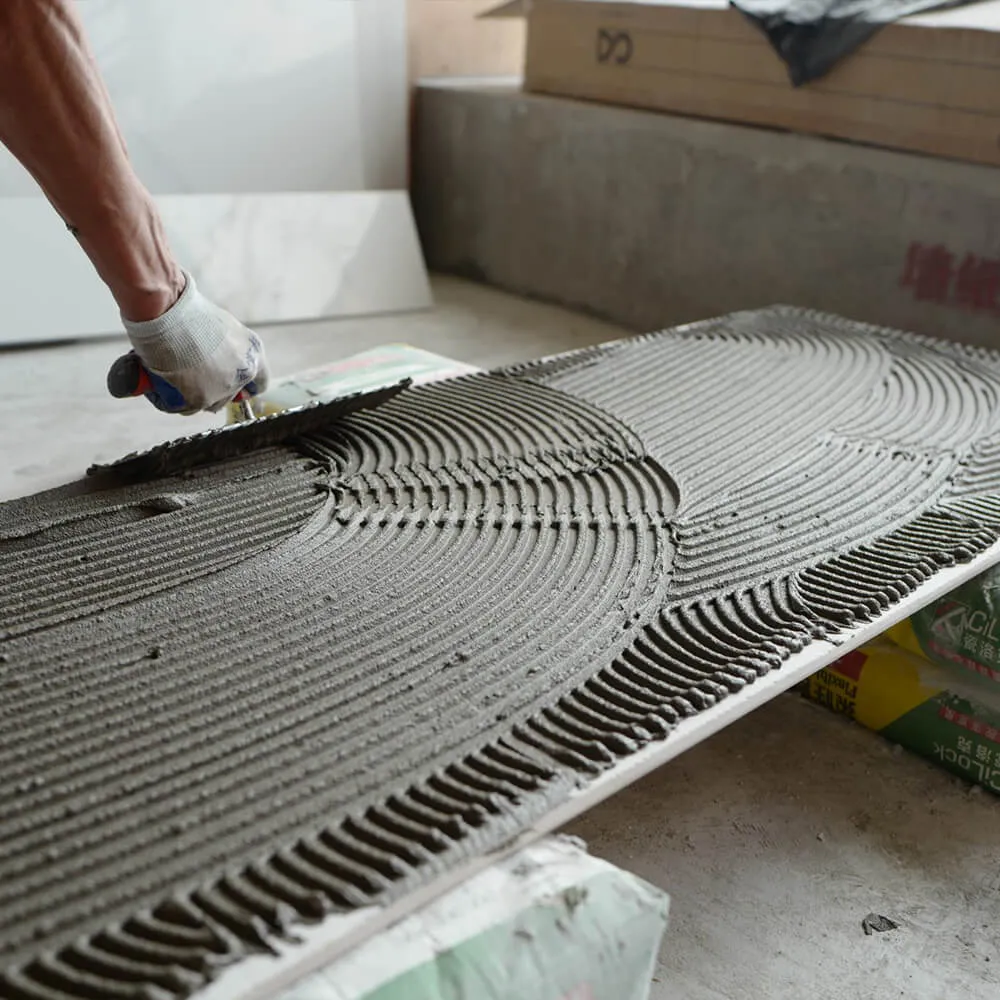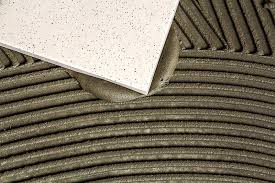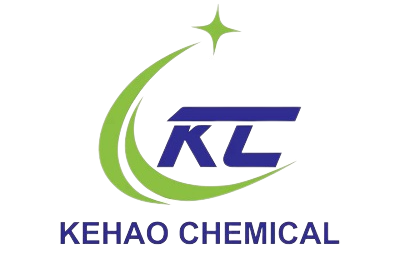When mortar cracks or tiles fall off, the cost is not just material waste but also reputation. Many failures trace back to poor polymer choice, especially redispersible polymer powder (RDP).
The most important performance metrics when selecting RDP are adhesion strength, flexibility, water retention, and workability. Purchasers should also check technical datasheets before bulk orders to ensure reliable construction performance.

RDP construction use
Selecting RDP is not about picking the cheapest bag. It is about making sure your mortar sticks, flexes, and lasts. Let’s look at the core metrics that guide professional buyers.
How Adhesion Strength and Flexibility Define RDP Quality?
When mortar fails to stick, walls crumble. Buyers often face the pain of poor bonding and cracks when RDP quality is overlooked.
Adhesion strength and flexibility are the two most critical indicators of RDP quality. Strong adhesion ensures tiles and mortar bond tightly, while flexibility allows structures to resist cracking under stress.

Adhesion and flexibility
When I visited a client’s construction site in Southeast Asia, I saw walls with fine cracks running across. Their previous supplier had offered RDP at a “too good to be true” price, but the material lacked flexibility. Strong bonding power without elasticity means structures cannot handle thermal expansion or vibration. On the other hand, a balanced RDP forms a polymer film that bonds tightly to cement particles while absorbing stress.
Key Points in Adhesion and Flexibility
| Metric | Why It Matters | Buyer’s Checkpoint |
|---|---|---|
| Adhesion Strength | Prevents debonding of tiles and mortar under load | Look for tensile adhesion strength >1.0 MPa |
| Flexibility | Reduces risk of cracks from structural stress or temperature | Check elongation and polymer content in datasheet |
| Balance of Both | Ensures durability in real construction environments | Request real test reports, not just supplier claims |
The construction chemicals industry often points to EN 12004 standards (European Standards) as reference for tile adhesive performance. When choosing RDP, checking compliance with such standards builds trust.
Why Water Retention and Workability Are Key in Mortar Applications?
On hot summer days, mortar dries too fast. Workers complain of stiff mixes, and tiles refuse to stick.
Water retention and workability are key because they keep mortar easy to apply and prevent premature drying. High water retention improves curing, while good workability makes construction faster and smoother.

I recall a project in Africa where local laborers struggled with stiff mortar that hardened before tiles were laid. After testing, we discovered their RDP had low water retention values. This forced constant remixing and wasted manpower. A high-quality RDP keeps water within the cement matrix, ensuring proper hydration and longer open time. It also provides a smoother mix, reducing application fatigue.
Water Retention and Workability in Practice
| Performance Factor | Impact on Job Site | Buyer’s Checkpoint |
|---|---|---|
| Water Retention | Prevents premature drying, ensures full cement hydration | Look for retention >95% |
| Open Time | Gives masons more time to adjust tiles | Minimum 20 minutes per EN standards |
| Workability | Smooth spreading and mixing efficiency | Test mortar flow rate with sample material |
A reliable supplier will always offer RDP grades designed for different climates. For hot and dry regions, higher water retention values are critical. The Practical Guide by Wacker Chemie (link) also confirms that higher polymer content supports better workability in real conditions.
What to Check in RDP Technical Datasheets Before Bulk Purchase?
Many buyers skip datasheet checks, trusting sales pitches. Later, they regret when product results differ from promises.
Purchasers must review RDP technical datasheets carefully. Focus on adhesion strength, flexibility, water retention, and ash content. Datasheets also confirm compliance with standards and batch consistency.
In my own procurement work, I never finalize a bulk order without a datasheet review. One time, a supplier offered a low price, but the datasheet revealed unusually high ash content. This means fillers instead of polymer, reducing performance. A datasheet is not a formality—it is the roadmap to product reliability.
Essential Datasheet Parameters
| Parameter | Why It Matters | Buyer’s Checkpoint |
|---|---|---|
| Polymer Content | Determines adhesion and flexibility | Ask for detailed polymer percentage |
| Ash Content | Indicates purity of product | Keep below 12% for quality material |
| Particle Size | Affects dispersion and mixing quality | Ensure consistent fine particle distribution |
| Shelf Life | Impacts storage and logistics | Minimum 12 months if properly stored |
| Certifications | Ensures compliance with global standards | Look for ISO, REACH, or CE marks |
Many professional buyers use external references like ISO 9001 quality management (link) to evaluate suppliers. Checking such compliance ensures suppliers do not compromise on consistency.
How to Select the Right RDP Supplier for Reliable Construction Performance?
Many suppliers promise low prices but fail in quality, logistics, or certification. Choosing the wrong partner is more costly than paying slightly higher.
The right RDP supplier must show strong technical expertise, stable product quality, proper certifications, and reliable delivery. Buyers should prioritize suppliers with proven global track records.
I have worked with many international clients, and one lesson stands out: price alone never guarantees reliability. A client once saved 5% by choosing another supplier but lost 20% in rework costs due to poor adhesion. A reliable supplier invests in R&D, provides detailed test reports, and ensures timely delivery with proper export documentation.
Supplier Selection Checklist
| Factor | Buyer’s Concern | Why It Matters |
|---|---|---|
| Technical Expertise | Can supplier recommend the right grade for your use? | Ensures product fits climate and application needs |
| Quality Stability | Does every batch meet promised specs? | Reduces rework and risk of inconsistent mortar |
| Certifications | ISO, REACH, CE compliance | Proves international credibility |
| Logistics | Can supplier deliver on time to remote regions? | Prevents project delays |
| Service & Support | Does supplier respond quickly and solve problems? | Builds trust and long-term cooperation |
The construction world is unforgiving. A weak supplier relationship can break multimillion projects. A strong one supports growth and protects reputation.
Conclusion
The best RDP choice depends on adhesion, flexibility, water retention, workability, and supplier reliability. Careful datasheet review and smart supplier selection protect both projects and profits.



